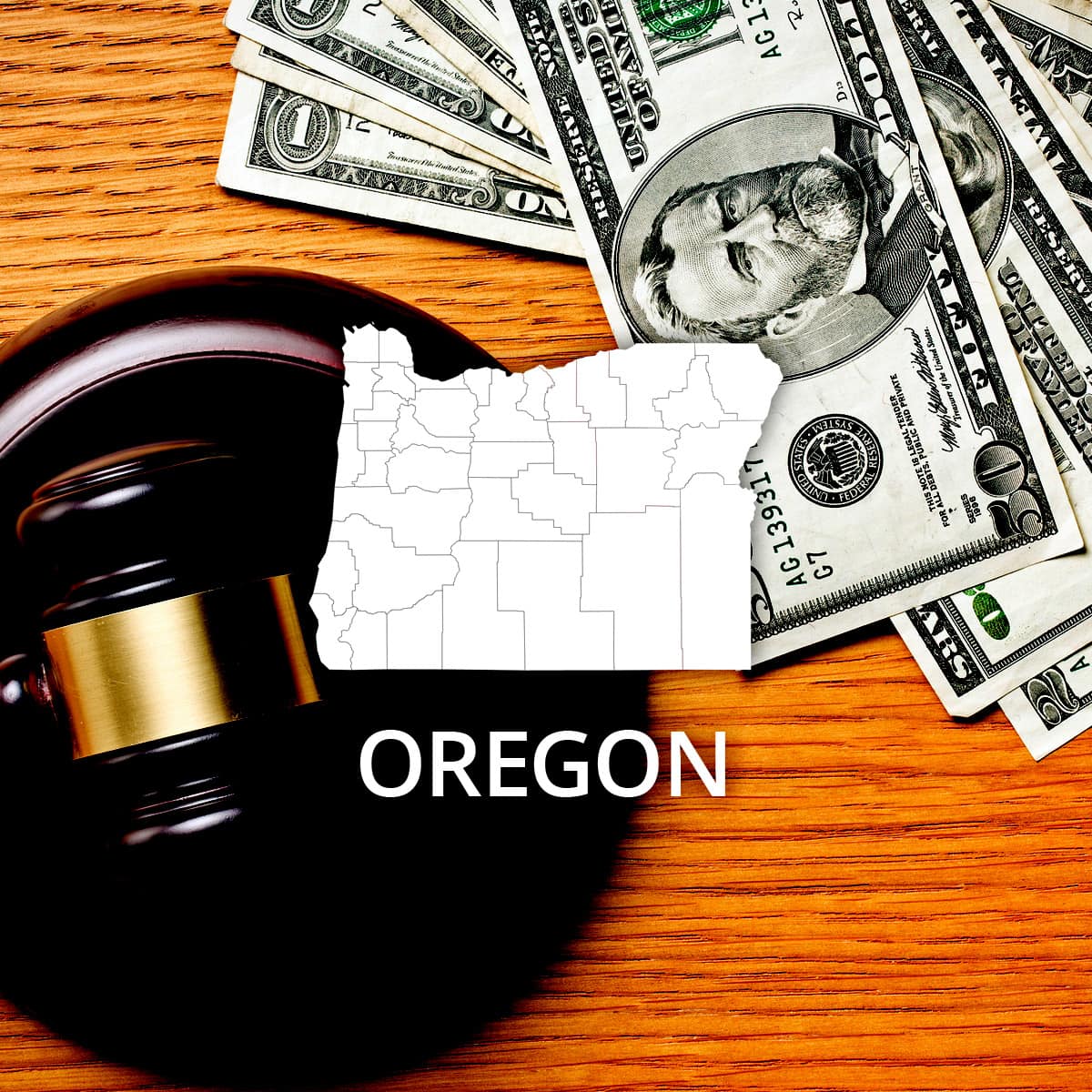 Multiple Bankruptcies: How Often You Can File One?
Multiple Bankruptcies: How Often You Can File One?
Table of Contents
 How to File Bankruptcy in Oregon
How to File Bankruptcy in Oregon
 Filing bankruptcy in Oregon is a serious matter of federal court, and is overseen by the U.S. Bankruptcy Court. It is highly advised to seek legal counsel when considering bankruptcy. Below is more information about the steps to filing for bankruptcy in Oregon.
Filing bankruptcy in Oregon is a serious matter of federal court, and is overseen by the U.S. Bankruptcy Court. It is highly advised to seek legal counsel when considering bankruptcy. Below is more information about the steps to filing for bankruptcy in Oregon.
 Bankruptcy in Oregon: Chapter 7 vs Chapter 13
Bankruptcy in Oregon: Chapter 7 vs Chapter 13
The main types of bankruptcy an individual will file include Chapter 7 and Chapter 13.
How Long Does it Take to File Chapter 7 in Oregon?
Filing Chapter 7 case in Oregon usually takes from 4 to 6 months if there is no need to provide other information or documents.
Chapter 7 bankruptcy allows for all debts which are allowed to be discharged, where the debtor does not need to repay them. However, there is a means test that the debtor must fulfill before the court will allow this type of filing. Oregon also provides a bankruptcy clinic for anyone considering this type of filing.
How Much Does it Cost to File Chapter 7 in Oregon?
The court filing fee for Chapter 7 cases in Oregon is $335. If you can't pay the full price before filing for OR bankruptcy, the court can allow you to do it in installments.
Oregon Chapter 13 Bankruptcy Information
Chapter 13 bankruptcy reorganizes debt by allowing the debtor and creditors to agree on a lesser amount for total debt and/or payments due in order to allow the debtor to become current. The plan must be approved by the court.
 Steps to Filing Bankruptcy in Oregon
Steps to Filing Bankruptcy in Oregon
- Anyone considering filing for bankruptcy in Oregon may attend a bankruptcy clinic. There is also an attorney referral service available through the Oregon State Bar, which will provide contact information for a lawyer who may provide bankruptcy consultation at a reduced rate. If you qualify as a low-income debtor, you may also qualify for a volunteer attorney servicethrough the state. However, you will still be required to pay necessary filing and court fees.
- Within six months of filing OR bankruptcy, you must attend a credit counseling class in order to be eligible. After a bankruptcy is approved by the court, many debts may be discharged. However, individual debts such as taxes, student loans, criminal restitution finesand others are not dischargeable. Check with your local bankruptcy officefor a complete listing.
- Failure to report any income, correctly reporting debts, filling out forms incorrectly, or any false statements on court documents may result in bankruptcy being denied. You must also pay all necessary fines and follow all court rulesto prevent case dismissal. If an Oregon bankruptcy court is dismissed, the creditors may continue any and all collection activity.
- Prior to the creditor meetings, evidence of income, past tax returns, attendance at a credit counseling service, account statements and balance sheets showing all income and expenses must be submitted to the court. After the bankruptcy in Oregon is discharged, credit bureaus may report the bankruptcy for 10 years.
Do I Need a Lawyer to File a Bankruptcy Case?
The short answer is no, you don't. However, you must remember that Oregon bankruptcy laws can be complicated and the Oregon State Bar recommends hiring a bankruptcy attorney.
 Oregon Bankruptcy Forms
Oregon Bankruptcy Forms
Additional information and bankruptcy forms can be found at https://www.uscourts.gov/forms/bankruptcy-forms or RecordsFinder.com Court Forms Section.
 Oregon Bankruptcy Courts
Oregon Bankruptcy Courts
There are two districts in the Oregon Bankruptcy Courts, one in Portland and one in Eugene. The Portland court may be reached at (503)326-1500, 1001 SW 5th Ave #700, Portland, OR 97204. The Eugene court may be reached at (541)431-4000, 405 E 8th Ave #2600, Eugene, OR 97401.




